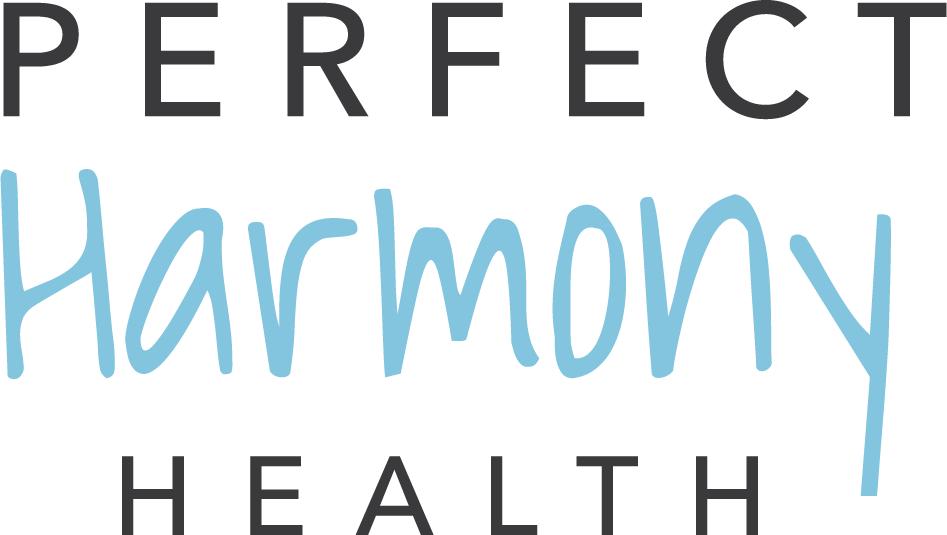NICU-MT: Celebrating Prematurity Day
Celebrating World Prematurity Day - and What Music Therapy can do to help!
World Prematurity Day is recognized on November 17th each year to raise awareness for premature births. About 1 in 10 babies will be born pre-term, which is defined as birth before 37 weeks gestational age, where a typical pregnancy lasts 40 weeks. Pre-term babies are at higher risk of developing health problems and long term disability, and often require treatment in a neonatal intensive care unit (NICU). Innovations in research and medicine have greatly reduced the number of deaths and developmental delays in premies in recent years, and music therapy has been highly involved in treatment of neonates for decades.
The National Institute for Infant & Child Medical Music Therapy aims to “provide an international focus on research, evidence-based clinical practice, and professional training in the efficacy of music therapy for enhancing and humanizing medical treatment of infants and children.” This governing body also issues certificates for board certified music therapists to practice with neonates, called the NICU-MT. I had the opportunity to complete this training in 2021 and have since worked in a Level IV NICU! Music therapy can assist with feeding and non-nutritive sucking, increasing weight gain, sensory tolerance, brain development, familial bonding and even significantly shortening length of stay in the hospital.
Feeding, Non-Nutritive Sucking
Music therapists use a patented, FDA approved device called the Pacifier Activated Lullaby, or PAL. When an infant produces a strong enough suck on the pacifier, the lullaby speaker is activated, functioning as a conditional reward. Research has proven that using the PAL will strengthen the infant’s non-nutritive sucking ability, which is an imperative development to feeding independently.
Sensory Tolerance
Music therapists can use a technique called Multimodal Neurologic Enhancement to strengthen an infant’s ability to tolerate and organize stimuli. This technique works by layering soothing aural stimulation, such as humming and singing basic melodies, on top of tactile and vestibular stimulation. This teaches the infant to self soothe and develop a tolerance for touch, sound and movement.
NAS (Neonatal Abstinence Syndrome)
When a baby is exposed to drugs like opioids in the womb, their bodies will often go through withdrawals after birth. Music therapists can assist in stabilizing infants through the withdrawal process through similar techniques as described above, to promote a self-soothing pattern of behavior. They can also educate on adverse sound exposure and sensory needs of the infant.
Familial Bonding
By involving caregivers in the music therapy process and educating them on appropriate music and sound exposure, music therapists can facilitate family bonding during the strenuous separation process of a NICU stay. Encouraging and empowering family members to take part in the infant’s early days allows for both parties to benefit greatly in the attachment period. Fun fact: babies are hardwired to love the sound of their mother’s voice, even a recorded version!
We so often advocate that music therapy can be used for anyone, from birth to end of life, so it is always a great opportunity to educate on the efficacy of music therapy on our tiniest humans. On this World Prematurity Day, we want to celebrate the pioneering work of all NICU-MTs and other healthcare professionals out there, for all they do to help research and treat our pre-term infants.
References:
Standley, J.M. & Walworth, D. (2010). Music therapy with premature infants: Research and developmental interventions, 2nd Ed. Silver Spring, MD: American Music Therapy Association, 248 pp.
Detmer, M. R. & Whelan, M. (2017) Music in the neonatal intensive care unit: The role of nurses in neuroprotection. Neonatal Network, 36(4), 213-217.
Hamm, E. L. & Walworth, D. (2013). Using the Pacifier Activated Lullaby with infants diagnosed with neonatal abstinence syndrome. Imagine, 4(1), 62-63.

